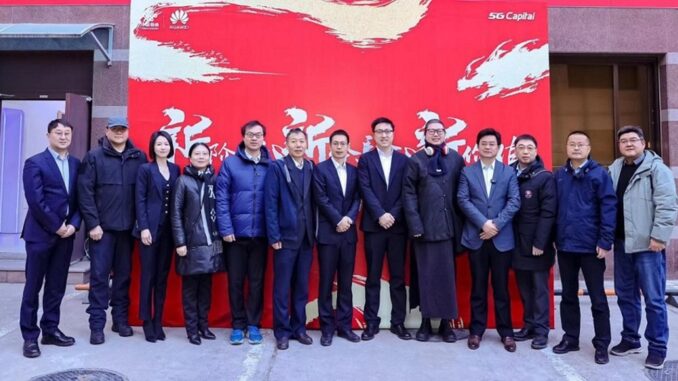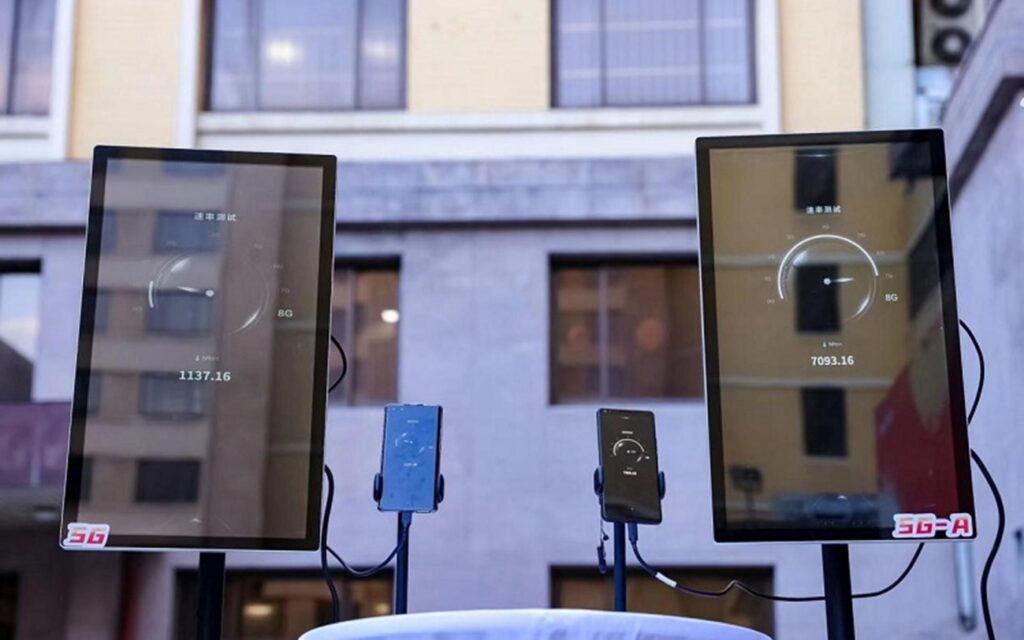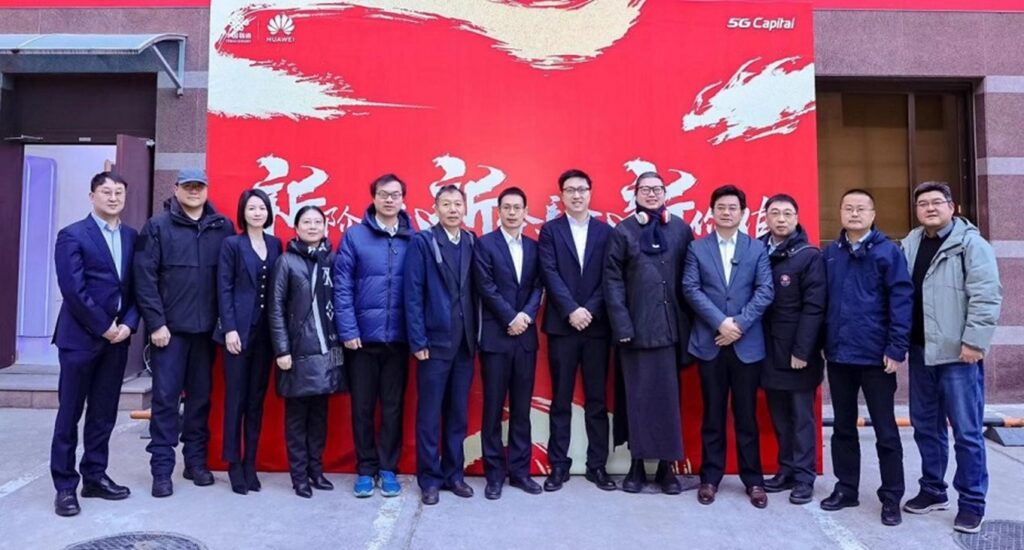
China Unicom Beijing and Huawei have successfully deployed a pilot large-scale 5.5G network in Beijing to provide continuous coverage in three key areas, including Beijing Financial Street in the city center, the landmark Beijing Long Distance Call Building, and multipurpose Workers’ Stadium. This first-of-its-kind network is expected to become a benchmark for future 5.5 networks and applications across China thanks to the performance achievements it represents.
Testing showed that the network delivered a 10 Gbps downlink peak rate and more than 5 Gbps continuous experience. The network has also achieved high- and low-band coordination and flexible deployment of outdoor and indoor 5.5G equipment, and supports multiple new applications including glasses-free 3D, ultra-high-definition (UHD) real-time broadcast system, and emerging applications in VR, AR and emerging Extended Reality (XR) applications.

During tests, the 5.5G network achieved a downlink peak rate of 10 Gbps, and continuous experience exceeding 5 Gbps, surpassing 5G by 10 times. Trials also highlighted how 5.5G implemented high- and low-band coordination under discontinuous coverage to enable seamless handovers and uninterrupted service.
The city of Beijing has long aimed to be a global pacesetter for the digital economy This requires leading 5G infrastructure and strong supporting industries. The city expects 5.5G to drive further development of its digital economy.
China Unicom Beijing worked with Huawei on projects such as this one since they first began 5G network construction in 2019. To date, this partnership has yielded many remarkable achievements, from gigabit hotspots and the world’s largest 200 MHz 5G urban network, to the release of user-experience-based network evaluation standards and smart network operations definitions. Both parties have won GSMA Global Mobile (GLOMO) Awards twice for their world-leading solutions for high-quality 5G network construction and operations. The maturing of the XR industry ecosystem, the convergence of AI-Generated Content (AIGC) and 5G devices, and the scaled adoption of 5G applications in enterprises and public institutions have propelled the live-streaming economy, IoT economy, and digital transformation of industries onto the fast lane, necessitating a greater number of user connections, faster rates, and lower latency in the uplink and downlink of networks.
In early 2024, Beijing’s new 5.5G network underwent comprehensive evaluations during a 5.5G industry event organized by the Beijing Institute of Communications (BIC). BIC brought in a number of experts from GSMA, TD Industry Alliance (TDIA), Omida, China Media Group (CMG), China Global Television Network (CGTN), People’s Posts and Telecommunications News (PPTN), C114, and Naojiti to test the 5.5G network as well as a number of toB and toC applications in the Beijing Financial Street demonstration area built by China Unicom Beijing and Huawei.

Demonstration of applications showed that the indoor 5.5G network at the Beijing Long Distance Call Building supported 4 Gbps uplink rates for glasses-free 3D, UHD shallow compression real-time production system, 8K high uplink live streaming, and XR separated rendering, showcasing the technology’s potential for digital transformation in media and many other industries.
Leave a Reply